OpenAI announced Friday it will begin testing advertisements on ChatGPT in the coming weeks, as the wildly popular artificial intelligence chatbot seeks to increase revenue to cover its soaring costs.
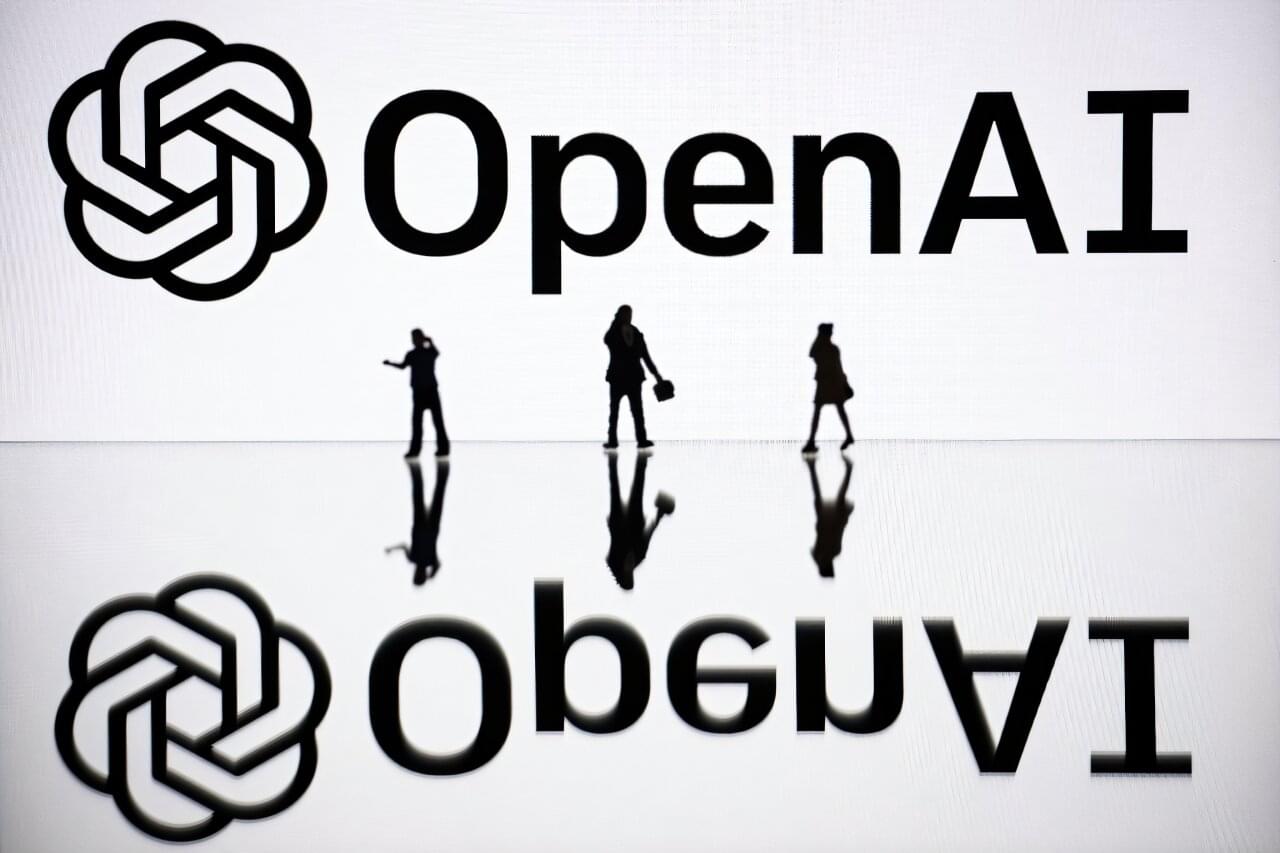


A cross-site scripting (XSS) flaw in the web-based control panel used by operators of the StealC info-stealing malware allowed researchers to observe active sessions and gather intelligence on the attackers’ hardware.
StealC emerged in early 2023 with aggressive promotion on dark web cybercrime channels. It grew in popularity due to its evasion and extensive data theft capabilities.
In the following years, StealC’s developer added multiple enhancements. With the release of version 2.0 last April, the malware author introduced Telegram bot support for real-time alerts and a new builder that could generate StealC builds based on templates and custom data theft rules.
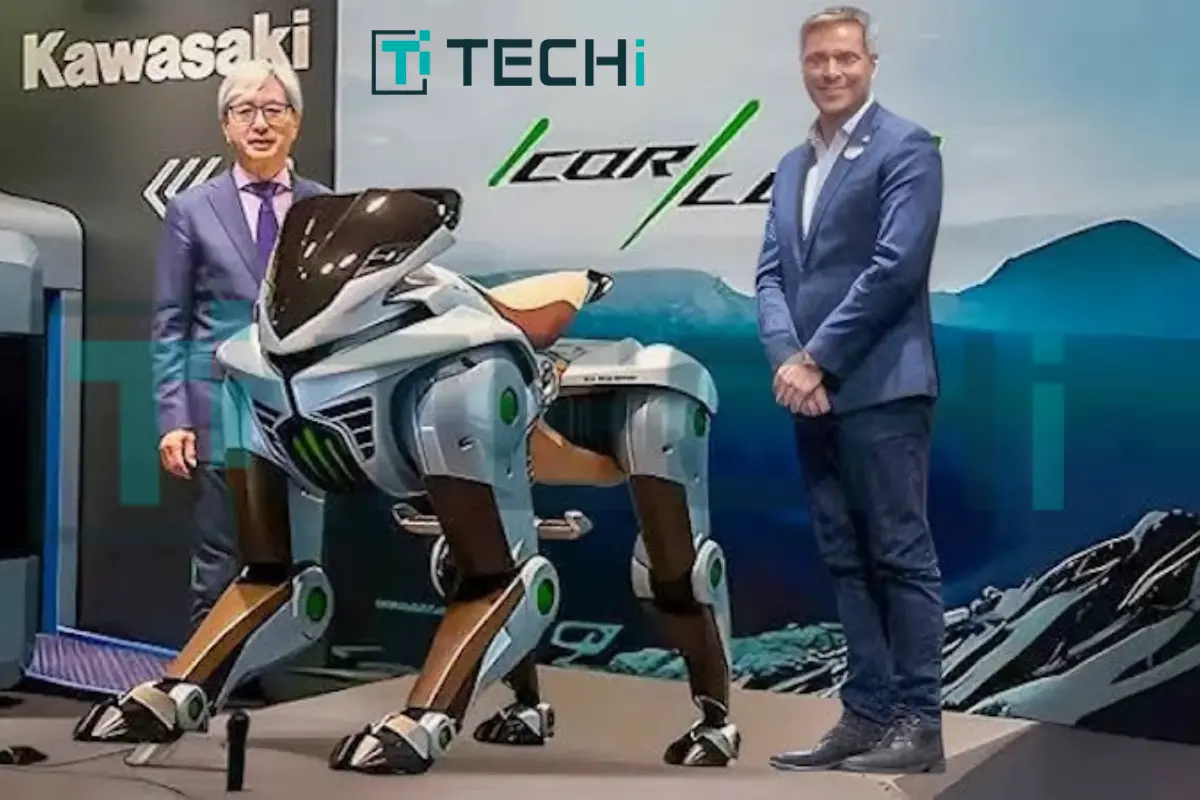
In a bold showcase of futuristic design and green innovation, Kawasaki Heavy Industries has unveiled the Kawasaki Corleo robot—a hydrogen-powered, four-legged robotic ride—at the Osaka-Kansai Expo 2025. This revolutionary concept reimagines mobility by blending clean energy, robotics, and artificial intelligence into a rider-ready machine that can walk, adapt, and navigate across rugged terrains.
The Kawasaki Corleo robot walks on four independently powered legs, offering impressive stability and terrain agility that wheels often can’t match. Built with carbon fiber and metal, Corleo echoes the iconic DNA of Kawasaki’s motorcycle lineage—featuring sleek contours, aerodynamic symmetry, and a headlight faceplate that resembles a mechanical creature ready to roam.
At the heart of Corleo lies a 150cc hydrogen engine that generates electricity to drive its limbs—making it a clean energy alternative to gas-powered off-roaders. Ditching the conventional handlebars, the robot interprets a rider’s body movement to move forward, turn, or stop. A built-in heads-up display (HUD) provides live feedback on hydrogen levels, motion stability, and terrain tracking. This unique interface between biomechanics and artificial intelligence makes the Kawasaki Corleo robot one of the most immersive robotic riding experiences developed to date.
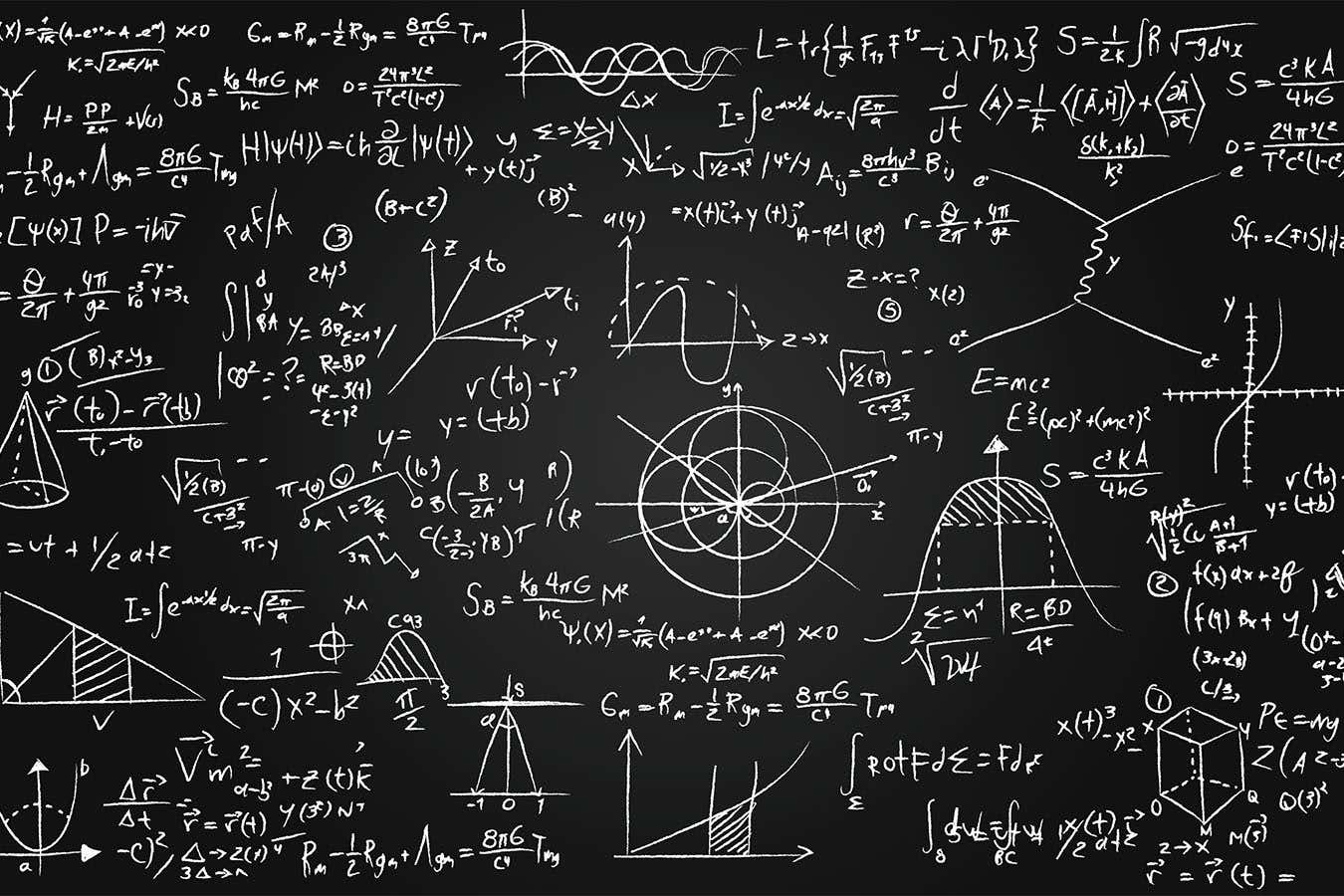
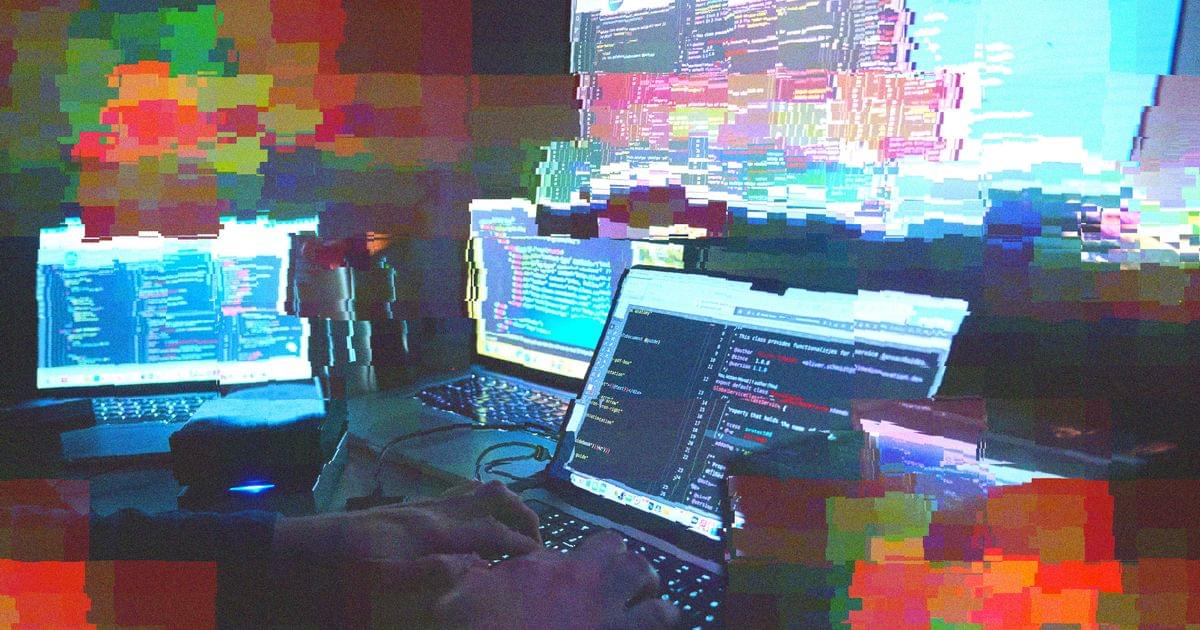
Over the holidays, some strange signals started emanating from the pulsating, energetic blob of X users who set the agenda in AI. OpenAI co-founder Andrej Karpathy, who coined the term “vibe coding” but had recently minimized AI programming as helpful but unremarkable “slop,” was suddenly talking about how he’d “never felt this much behind as a programmer” and tweeting in wonder about feeling like he was using a “powerful alien tool.” Others users traded it’s so overs and we’re so backs, wondering aloud if software engineering had just been “solved” or was “done,” as recently anticipated by some industry leaders. An engineer at Google wrote of a competitor’s tool, “I’m not joking and this isn’t funny,” describing how it replicated a year of her team’s work “in an hour.” She was talking about Claude Code. Everyone was.
The broad adoption of AI tools has been strange and unevenly distributed. As general-purpose search, advice, and text-generation tools, they’re in wide use. Across many workplaces, managers and employees alike have struggled a bit more to figure out how to deploy them productively or to align their interests (we can reasonably speculate that in many sectors, employees are getting more productivity out of unsanctioned, gray-area AI use than they are through their workplace’s official tools). The clearest exception to this, however, is programming.
In 2023, it was already clear that LLMs had the potential to dramatically change how software gets made, and coding-assistance tools were some of the first tools companies found reason to pay for. In 2026, the AI-assisted future of programming is rapidly coming into view. The practice of writing code, as Karpathy puts it, has moved up to another “layer of abstraction,” where a great deal of old tasks can be managed in plain English and writing software with the help of AI tools amounts to mastering “agents, subagents, their prompts, contexts, memory, modes, permissions, tools, plugins, skills, hooks, MCP, LSP, slash commands, workflows, [and] IDE integrations” —which is a long way of saying that, soon, it might not involve actually writing much code at all.

The Age of Abundance: AGI Predictions and Investment Strategy for 2026 ## The imminent emergence of Artificial General Intelligence (AGI) will significantly impact investment strategies, and investors should prepare by accumulating valuable assets, diversifying their portfolios, and adopting a strategic investment approach to capitalize on the growth potential of AGI and the resulting Age of Abundance ##
## Questions to inspire discussion.
Investment Strategy.
🎯 Q: How should I build an investment portfolio for the AGI era? A: Focus on companies with best management and growth potential in AGI, robotics, and space industries using dollar-cost averaging strategy to systematically build positions over time rather than lump-sum investing.
💰 Q: What alternative assets should I accumulate for security during AGI transition? A: Accumulate gold, silver, and Bitcoin as modern safe havens to protect wealth during periods of change and uncertainty as traditional financial systems adapt to AGI disruption.
🏢 Q: Why should real estate be overweighted in an AGI-focused portfolio? A: Overweight real estate compared to company ownership and reserves because AGI and robotics industries will require physical space for operations, data centers, and manufacturing facilities.
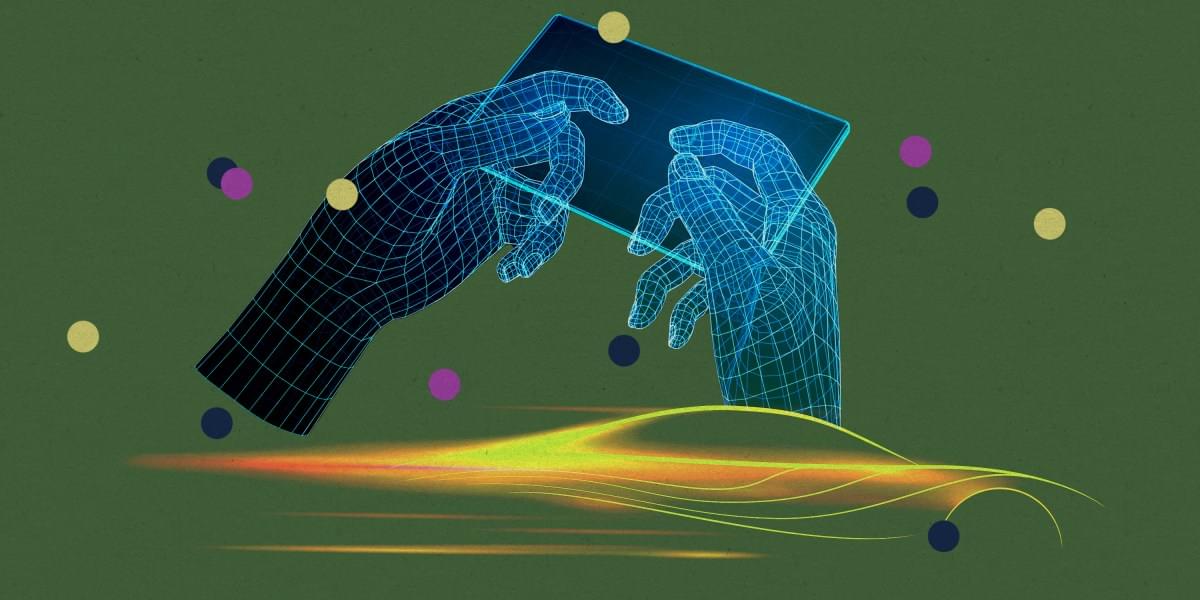
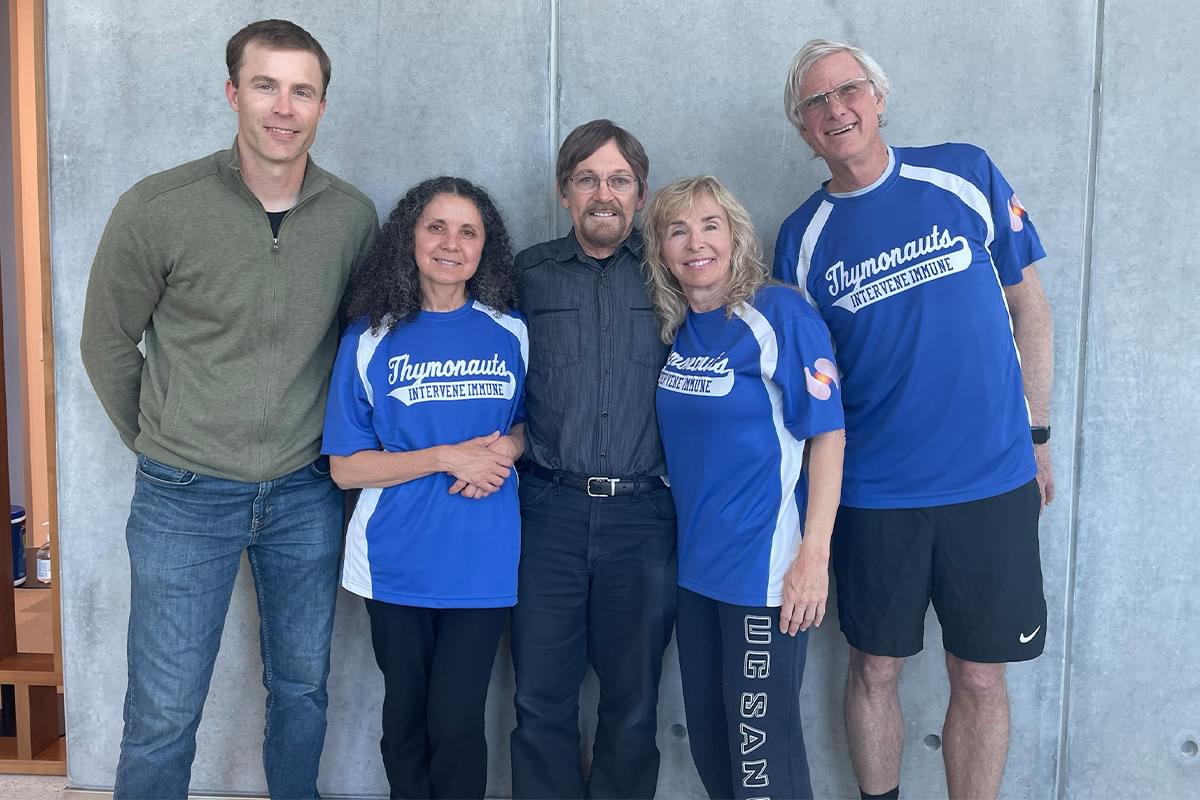
This would be my first funding target if I had the money.
Beyond science, Brooke sees three main hurdles: regulation, manufacturing and physician usability. Public acceptance, he says, already appears strong. Regulatory pathways may be comparatively favorable, given the long histories of the cocktail’s components and existing approvals for immune deficiency states. Manufacturing is always a challenge for biologics at scale, but protein production is mature and scalable, and the company is building internal capacity.
The immediate obstacle, Brooke argues, is complexity. Intervene Immune is developing a dosing system designed to be relatively foolproof for doctors, and expects to build an AI assistant to support implementation as sufficient data accumulates.
Intervene Immune’s closing sentiment is less biotech slogan and more biological provocation. “No matter how old you may be, your body still remembers how to be young,” Brooke says.
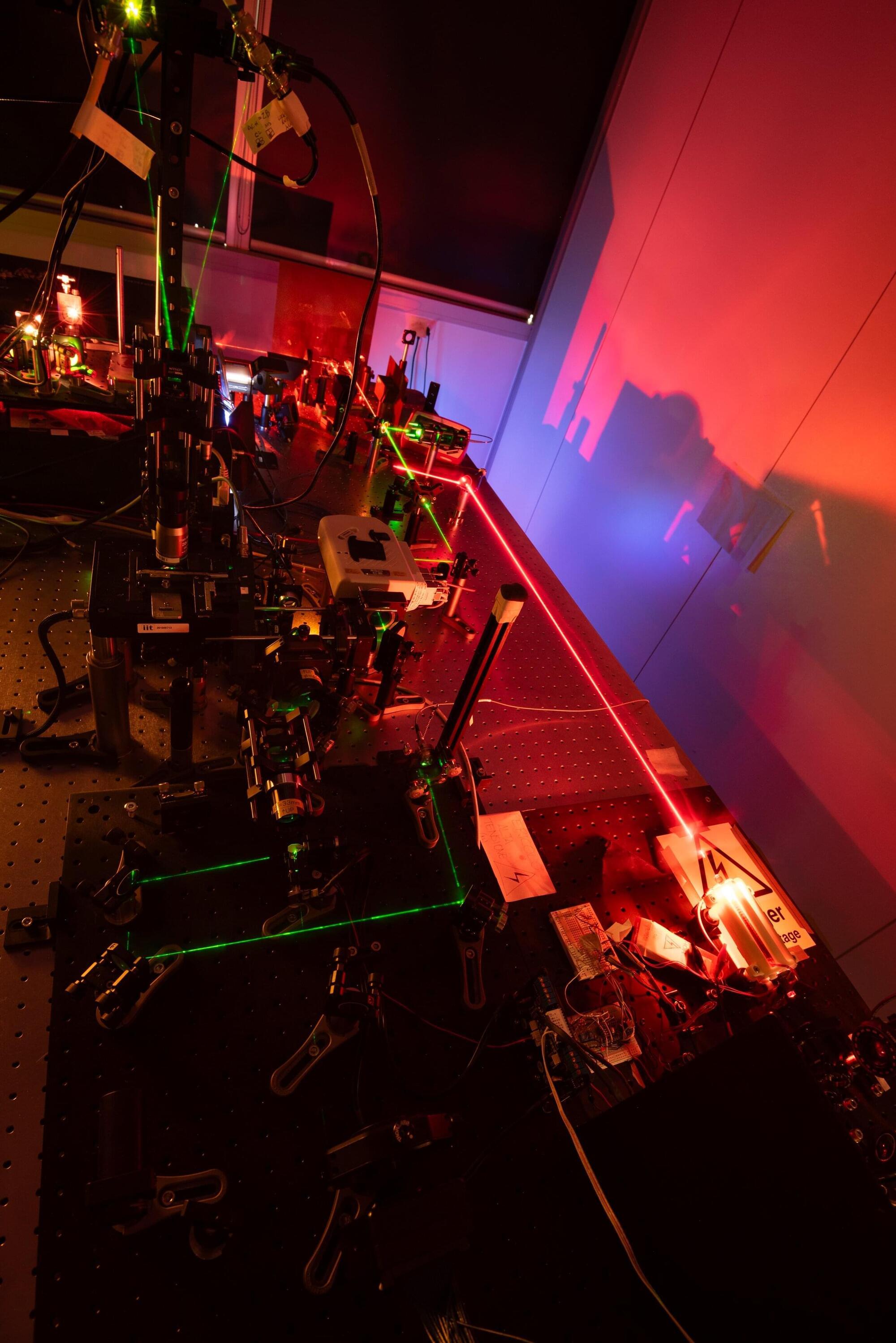
Researchers at Istituto Italiano di Tecnologia (IIT-Italian Institute of Technology) have developed an innovative microscopy technique capable of improving the observation of living cells. The study, published in Optics Letters, paves the way for a more in-depth analysis of numerous biological processes without the need for contrast agents. The next step will be to enhance this technique using artificial intelligence, opening the door to a new generation of optical microscopy methods capable of combining direct imaging with innovative molecular information.
The study was conducted under the guidance of Alberto Diaspro, Research Director of the Nanoscopy Unit and Scientific Director of the Italian Nikon Imaging Center at IIT, by Nicolò Incardona (first author) and Paolo Bianchini.